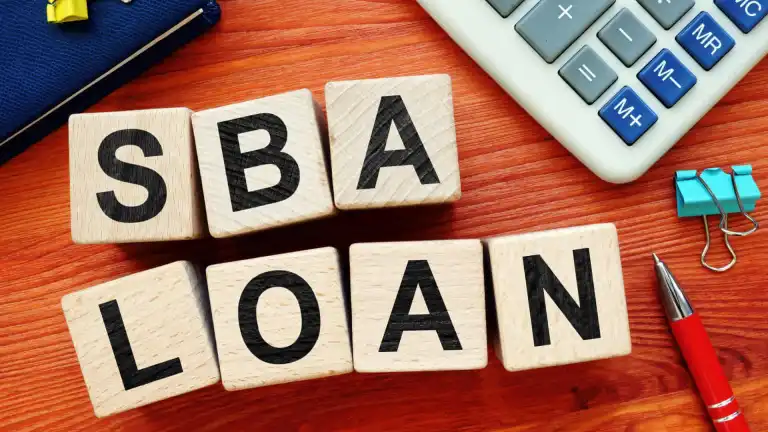Loans and payouts aren’t only for incredibly wealthy and successful multi-billion dollar businesses. For small businesses, there is what is called a Small Business Administration loan, or an SBA loan for short. These loans are designed to support small businesses as they start and/or grow in profit and manpower.
What is the SBA?
The SBA, a U.S. agency that guarantees and oversees loans to small businesses, is designed to counsel and assist small business owners with growing their own businesses. They have tools and educational resources available, some for free and some not. These tools and resources include:
- Loans: The agency itself doesn’t loan small businesses money but connects them to sources that do and oversee the loan process. These loans are issued by banks, credit unions, and other financial institutions that partner with the SBA.
- Entrepreneurial Development: These counseling and training programs are provided by the SBA for a low cost. There’s no experience level required to take them, and they also have mentor programs that can connect new business owners to retired and existing entrepreneurs. There are over 1,800 locations that offer these services across the country.
- Contracting: The SBA handles 23% of the U.S. government’s contracting dollars. They only give these contract dollars to small businesses that can provide a service or product for federal departments and agencies. 5% of the 23% is reserved for women-led businesses, 3% for disabled and veteran-led businesses, and the remaining 15% can go to anyone.
- Advocacy: The SBA also works as an advocate for small businesses in the nation by reviewing legislation and pushing laws that serve the interests of small business owners.
What is an SBA Loan?
As mentioned, the SBA connects small businesses to loan providers and guarantees your loan. They only partner with verified loan providers that can be trusted to work with small businesses to succeed. The only time the SBA will loan out money themselves is to provide disaster relief.
Having a backed or guaranteed loan means that if the recipient defaults on it or can’t pay it on time, a third party will assume the debt. This means if a small business takes on an SBA loan and defaults on it, the SBA will have your back and take responsibility for the loan.
What Are the Types of SBA Loans?
Like any loan, there are multiple types that serve different purposes. Sometimes a business needs more money than others, and for different reasons. Because of this, the loans have different repayment schedules and different qualifications for loan approval. These SBA loan types include:
- 504 Loan: Also known as a Grow loan, this provides up to $5 million to a small business to buy assets the business needs to operate. This can include real estate property.
- 7(a) Loan: This is the SBA’s primary loan program. The maximum loan amount is $5 million and is commonly used for starting businesses.
- Disaster Loans: These provide relief in the event of an uncontrollable disaster. This can include natural events like a storm, hurricane, and earthquake, or emergencies such as robberies, riots, and product recalls.
Having the backing of the SBA makes your business far more likely to receive a loan. The agency also allows businesses to make lower payments for a longer time period than loans without the backing of the SBA.
What Do You Need an Attorney For?
A common misconception about SBA loans is that if you fail to pay them, the SBA will cover them for you. You still have to pay the SBA instead, they’re just easier to handle and will charge your business less than another loan lender, but you still have to pay. What you should do in this situation is modify your repayment plan, and to do that with the loan lender or the SBA, you need an attorney.
To change your payment plan, or keep shady loan collectors off your back, contact the corporate law attorney at Tressler & Associates for help.



